Exporter Spotlight: Smisson-Cartledge Biomedical
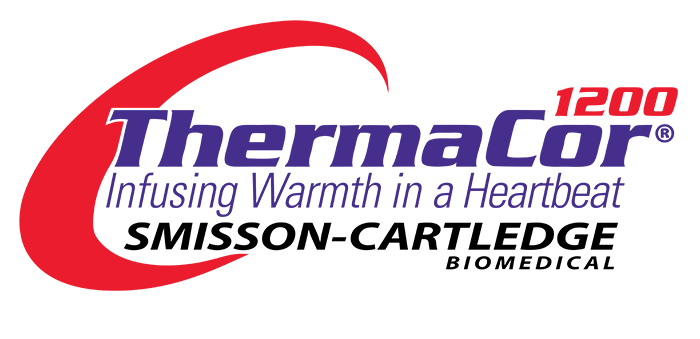
A Q&A interview with:
- David Field, President & CEO, Smisson-Cartledge Biomedical
- Billy Williams, Founder & Owner, TekUS (Master Distributor for Smisson-Cartledge Biomedical)
County: Bibb
Industry: Healthcare/Medical Device

Smisson-Cartledge Biomedical (SCB) is a medical device company focused on delivering technologies to provide temperature-controlled fluid therapies. SCB has developed and patented a highly efficient heat transfer process that can heat or cool fluids at a wide range of flow rates through a portable pump and single-use disposable cassettes. The company was formed in the early 2000s by Dr. Hugh Smisson, a neurosurgeon, and Dr. Richard Cartledge, a cardiothoracic surgeon. During their time covering trauma cases at a local Level 1 Trauma hospital in Macon, Georgia, the two doctors realized there was a dire need for a fast, easy-to-use, portable device for rapid blood transfusions. After extensive engineering and research and a series of prototypes, the doctors launched the ThermaCor® 1200 Rapid Thermal Infuser, Smisson-Cartledge’s flagship medical device.
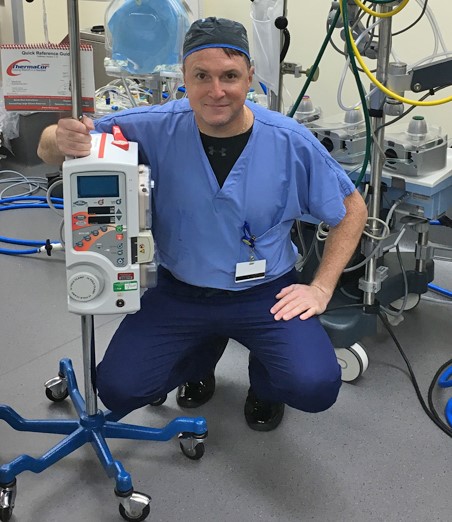
How long has SCB been exporting and what motivated you to start selling internationally?
David: Smisson-Cartledge Biomedical (SCB) has been involved in international sales almost from the very beginning. In fact, the first usage of our device was in Saudi Arabia in 2009. We were attending an American Society of Anesthesiology meeting and the chief of anesthesia for King Faisal Hospital in Saudi Arabia approached us about the ThermaCor® 1200 Infuser. We had not even officially launched the product and were attending the conference as part of our pre-sell marketing. He had done research looking at comparable products on the market and decided that he wanted the ThermaCor® 1200 System. We told him the product was not on the market yet, but he persisted and became our first customer. When the company started, exporting was a small percentage of SCB’s sales, but over time it has grown to nearly 20% of our total business.
What is the biggest lesson your company has learned about exporting?
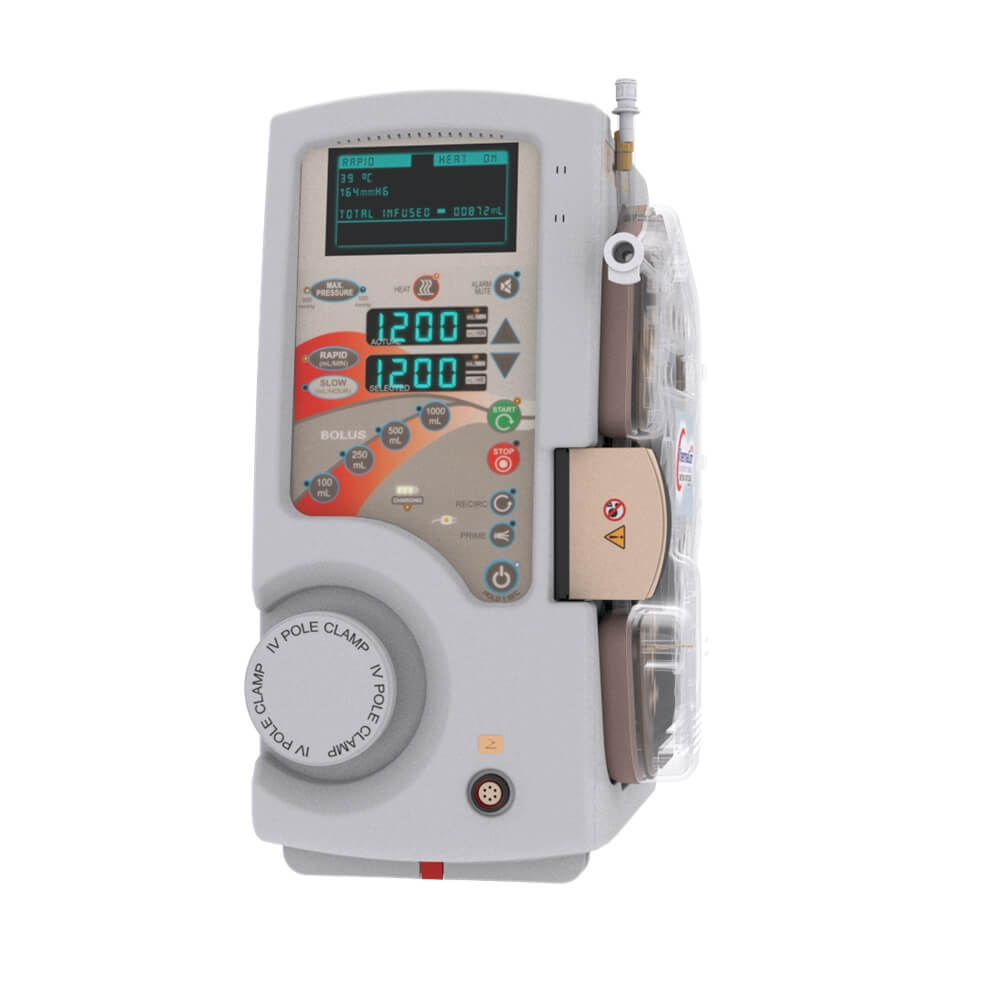
David: The number one lesson we have learned is the importance of locating the right distributor in each country. That is where SCB has really benefited from its long-term relationship with Billy Williams at TekUS who serves as our master distributor. Billy has primarily helped us expand in the Middle East but is developing other territories as well. As a small company, it is easy to focus on the US because that's where we’ve traditionally seen the greatest opportunity for our products. In order to give the level of attention required to pursue international markets we needed a point person dedicated to that task.
For example, a couple of years ago we signed a new distributor in Saudi Arabia because the previous one wasn't meeting our goals for the market. We went from selling 2-3 units per year to 20-30 just by transitioning to this new distribution partner. You need to find someone who understands the market and has the right connections and relationships to get you where you need to be. This key distributor relationship is critical to achieving success internationally.
Billy: Having the right distributor is definitely important, but it’s equally important to spend time traveling to meet in person and work with your partners one-on-one. Just signing a distributor does not always result in immediate success. It takes some hand-holding and company support to keep the distributor focused, driven and moving in the right direction. The markets where we have really put time and energy into building that relationship is where we've seen the most success.
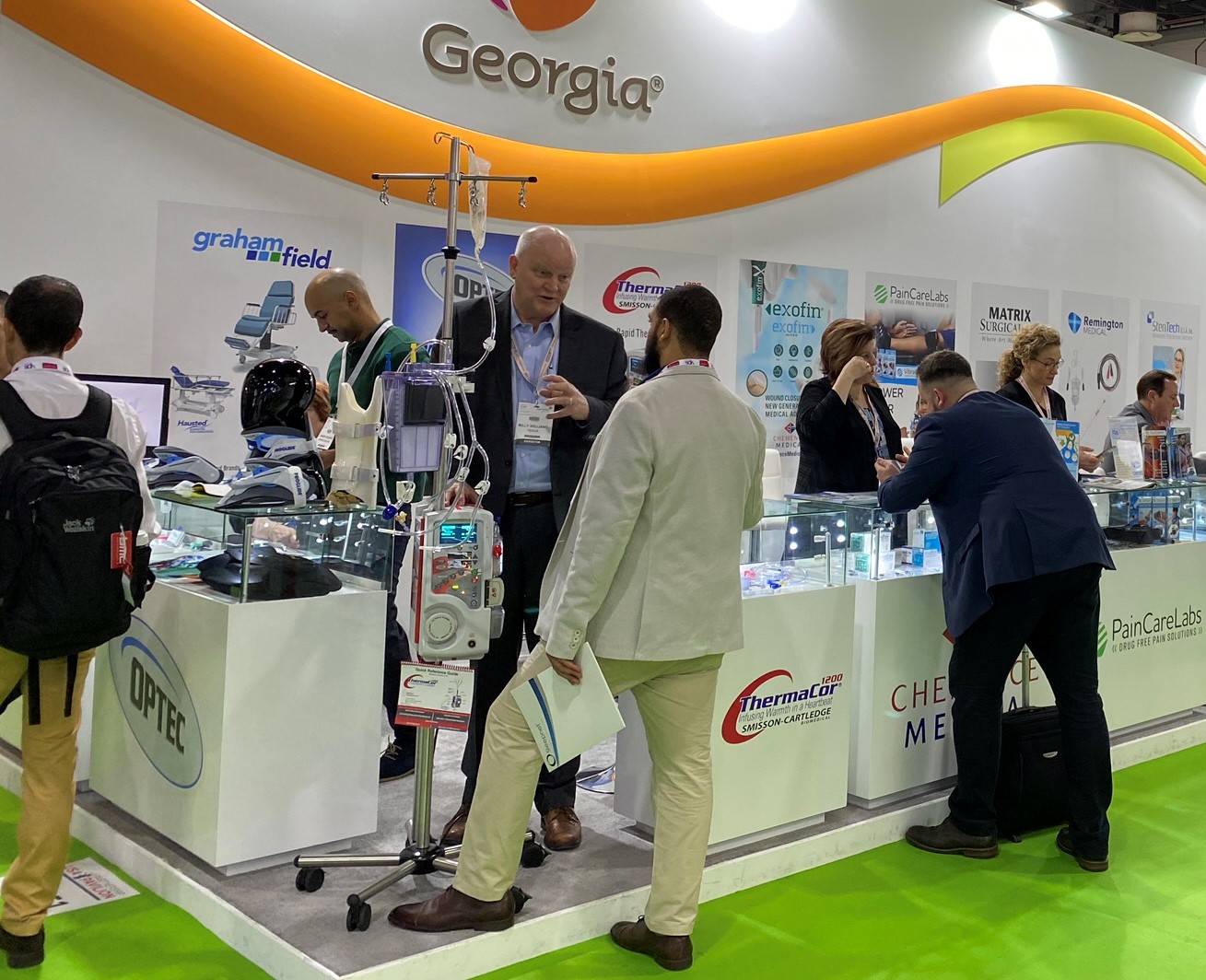
How has GDEcD’s International Trade Team helped your company achieve success internationally?
Billy: Participating in the GDEcD booths at international trade shows and being able to cut down on the cost of attending some of these shows has been incredibly beneficial. Additionally, the distributor background checks have been helpful as we work to grow our network of overseas partners. There are many additional resources GDEcD Trade offers that we have yet to take advantage of, and it’s always great having a point person available who we can go to for export questions, issues or if we’re looking to enter a new market. Having a resource like GDEcD’s International Trade team and the U.S. Commercial Service has been a tremendous help to us.
David: To echo Billy's comments about the trade shows, having a presence in the GDEcD booth within the USA pavilion makes a huge difference. The USA Pavilions always receive a lot of foot traffic and this can be really helpful at large high profile shows like Medica and Arab Health. If SCB was to host a booth by itself, we would be like a needle in a haystack at these larger shows. Since we are able to partner and be part of a larger presence within the Georgia booth we receive great exposure for our company.
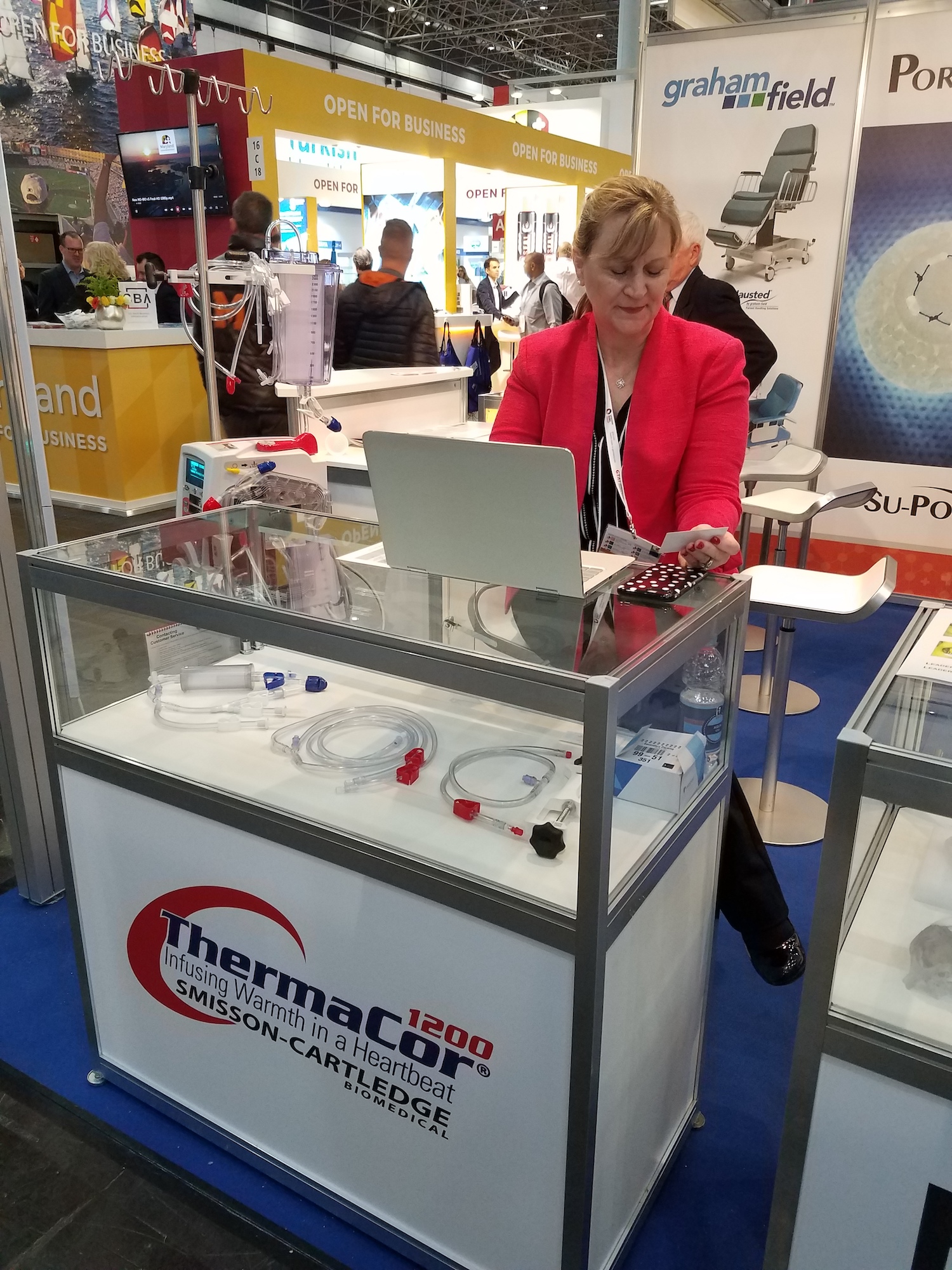
What advice do you have for companies that are just starting to export?
David: One thing I would say is that any strategy for international markets may change over time. As a medical device company our international strategy is very much driven by a country’s regulatory landscape which is always subject to change. For example, the European Union is currently transitioning from its “Medical Device Directive” to the “Medical Device Regulation” which in combination with increasing pressure on pricing is making it extremely difficult to do business there. Whereas, in countries like Saudi Arabia or Australia the regulatory landscape is much easier to navigate. If I were to re-examine our international strategy from the beginning, I might put more focus on a region like the Pacific Rim rather than Europe because the regulatory path there is more conducive to doing business right now. However, it also really depends on where you are in the process, at least for medical device companies.
Billy: I’ll also add that you need to screen potential distributors thoroughly. I’ve found once people know you're interested in selling internationally, you will start getting calls from people all over the world that want your product and you need to be careful about which opportunities to pursue. In addition, we have had companies express interest in SCB’s products, who only wanted to copy our technology – luckily, we were able to identify these fraudulent inquires because we take the time to conduct the appropriate due diligence. GDEcD has been instrumental in helping us weed out unqualified prospects. We make one call and GDEcD can run credit checks and financial reports on these potential partners to help determine if they are legitimate.
What challenges have you faced during Covid-19 and how have you responded?
David: In the US, we definitely saw a fall-off in business when the pandemic hit. Our equipment is trauma-related and when everything shut down, trauma cases dropped significantly which really impacted the need for our products. However, as the economy picks up and people return to daily life and are on the roads more, the trauma caseload in hospitals unfortunately is starting to rise again. Overall, our business has been fairly stable, in large part because we had quite a few orders already in process before the shutdown. Our biggest challenge arose when hospitals essentially shut their doors to anything not COVID-related. Because of this, we weren’t able to do any equipment demonstrations or trainings that are required to get our devices up and running in the clinical environment. This is still a big challenge, although hospitals are opening up and slowly returning back to normal. But, of course, that could change as some states start to tighten up their restrictions again.
Billy: We have experienced the same issues internationally where hospitals are not allowing outside visitors unless it's COVID-related. It also doesn’t help that international travel has been almost nonexistent. Since we can’t get people together in groups to train on the equipment, even if we do get an order, we can’t install it. And while the situation is improving in some countries, others are starting to see new surges in COVID cases. There is always the worry that a country might go back into lockdown or impose quarantine requirements.
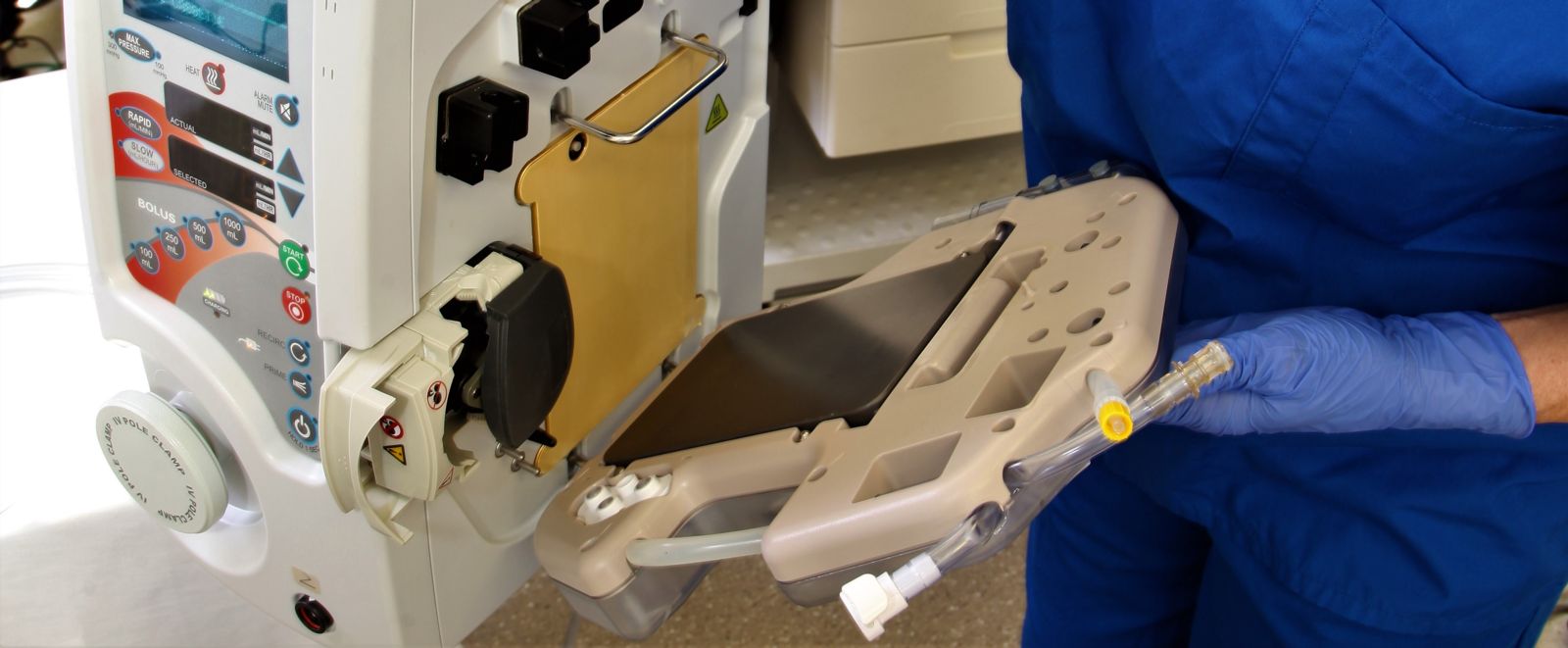
What has been your biggest export achievement?
David: As I look back at our progress at SCB, there are a couple achievements that stand out. First, I am always proud of the great relationship we’ve built with Billy and his company TekUS. He has been a huge asset and instrumental to SCB’s global success. Also, the attention we've received at world-renowned international medical centers and trade shows has been a real accomplishment. When key clinical users from hospitals around the world come by our booth at major shows like Arab Health to tell us how much they love our equipment and what a difference our product has made in their hospital with their patients and the lives that have been saved – hearing these testimonials never gets old. That feedback is a reminder of why we built this company and this life saving medical device.
Billy: Building our relationships with overseas partners over the years is one of the most rewarding parts of our international growth. I’m also particularly proud of the work we’re doing in Saudi Arabia right now. We've been in that market for a long time, but finding the right distributor has made a huge difference and we are now on the verge of a contract that will be significant for everyone involved.
To learn more about Smisson-Cartledge Biomedical visit www.ThermaCor1200.com. To learn more about TekUS contact Billy Williams at [email protected].
###
Are you a Georgia business looking for help growing your international sales? Find out how Georgia’s International Trade Team can help at Georgia.org/Trade.
